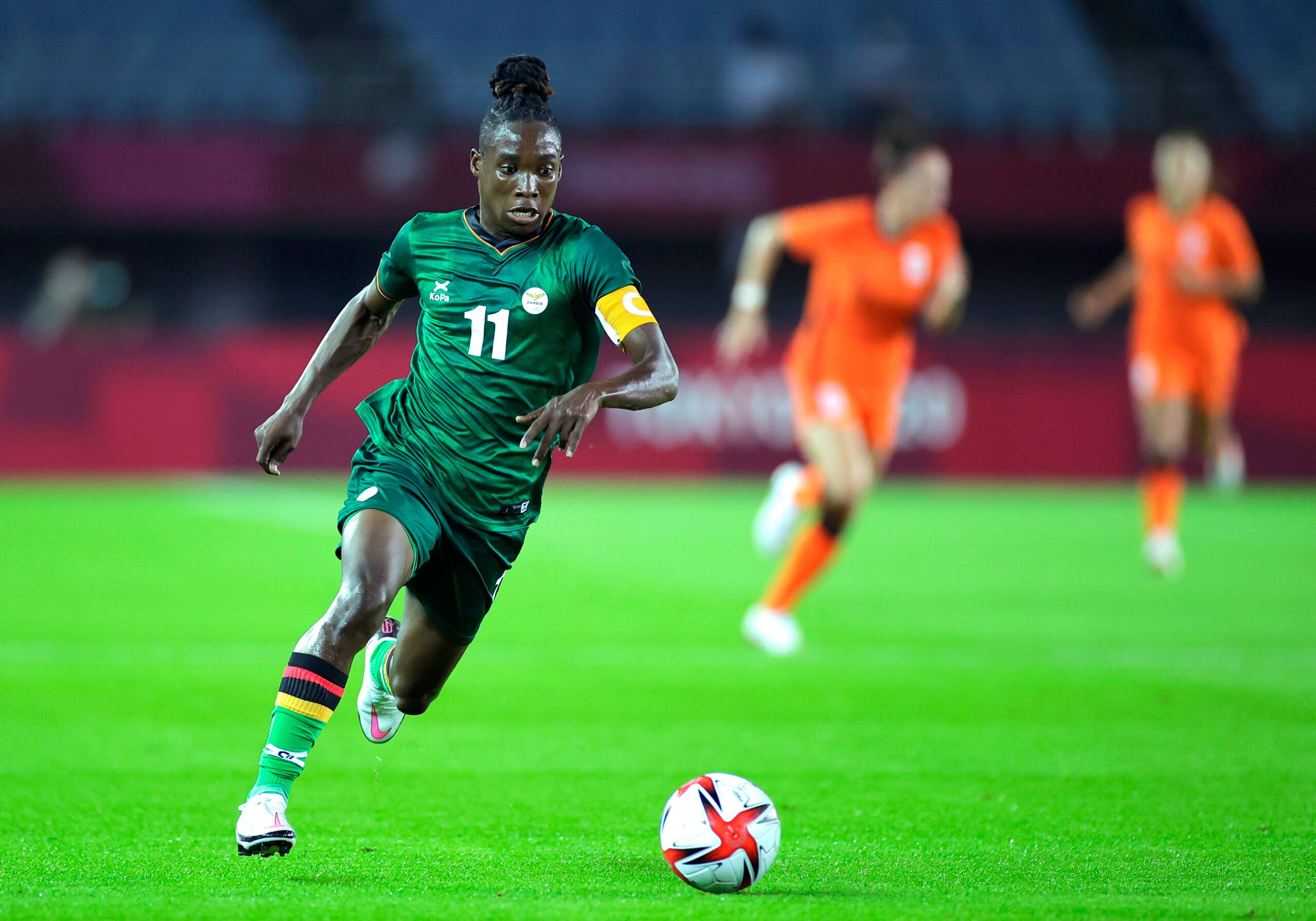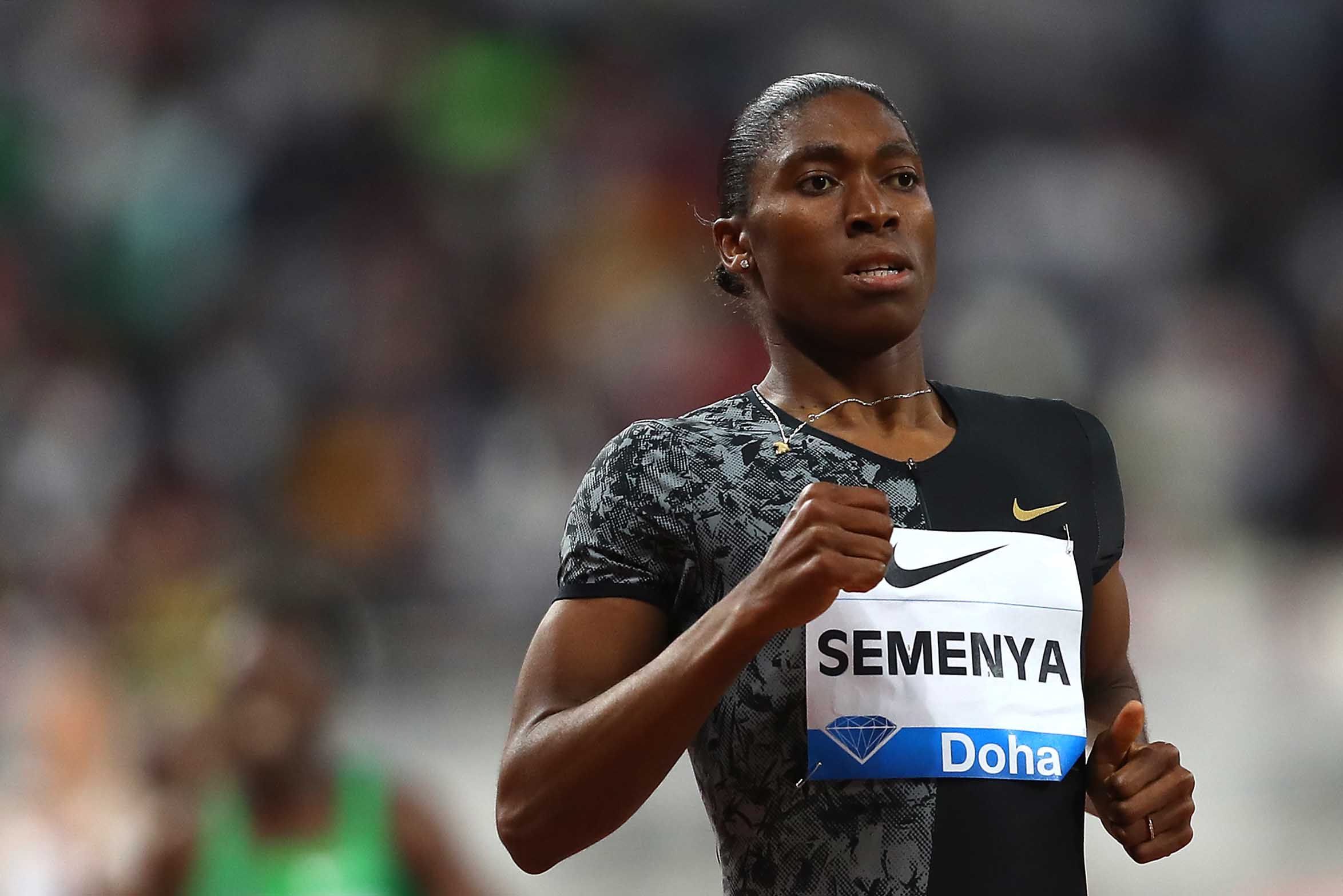Barbra Banda has reportedly been forced to withdraw from Zambia’s squad for the Women’s Africa Cup of Nations due to high testosterone levels.
According to Mundo Deportivo, Spain’s daily sports newspaper, Banda has been excluded from the tournament after blood tests found an excessively high level of testosterone and a "manly body".
It was originally claimed the 22-year-old was ruled out of Zambia’s opening match against Cameroon due to “medical reasonsâ€.
Banda’s teammates Lubandji Ochumba Oseke and Siomala Mapepa were suspended for the game, which took place at the Stade Mohammed V in Morocco and finished 0-0, due to the amount of bookings they picked up in qualifying. But the reason for Banda’s omission remained vague.
Mundo Deportivo also reported that the Football Association of Zambia has received warnings about the testosterone levels of Racheal Nachula and Racheal Kundananji.
Banda shot to prominence last year when she scored six goals at the Tokyo 2020 Olympics, becoming the first female player to score back-to-back hat-tricks at the Games.
After moving to Shanghai Shengli from Spain’s EDF Logroño in January 2020, Banda finished her first season in the Chinese Women’s Super League as the top scorer with 18 goals in 13 matches.
She has recently been linked with a high-profile move to Real Madrid.
Banda had been set to play for Zambia at the country’s fourth Women’s Africa Cup of Nations, which doubles up as a qualifying tournament for the 2023 Women’s World Cup.
Her situation is similar to that of South Africa’s Caster Semenya, who is currently unable to compete across a number of distances due to the World Athletics regulations for athletes with differences of sex development.
Semenya has battled against these regulations since she burst onto the scene as an 18-year-old at the 2009 World Championships.
The 31-year-old recently appeared on HBO’s Real Sports and described her experience of the World Athletics gender verification process.
“They thought I had a dick, probably,†she said. “I told them: ‘It’s fine. I’m a female, I don’t care. If you want to see I’m a woman, I will show you my vagina. All right?’â€
World Athletics introduced an upper limit for women’s testosterone levels – set at 10nmol/L – in 2011. It meant Semenya was forced to take testosterone-reducing medication in order to compete.
“It made me sick, made me gain weight, panic attacks, I don’t know if I was ever going to have a heart attack,†Semenya said.
“It’s like stabbing yourself with a knife every day. But I had no choice. I’m 18, I want to run, I want to make it to Olympics, that’s the only option for me.â€

















